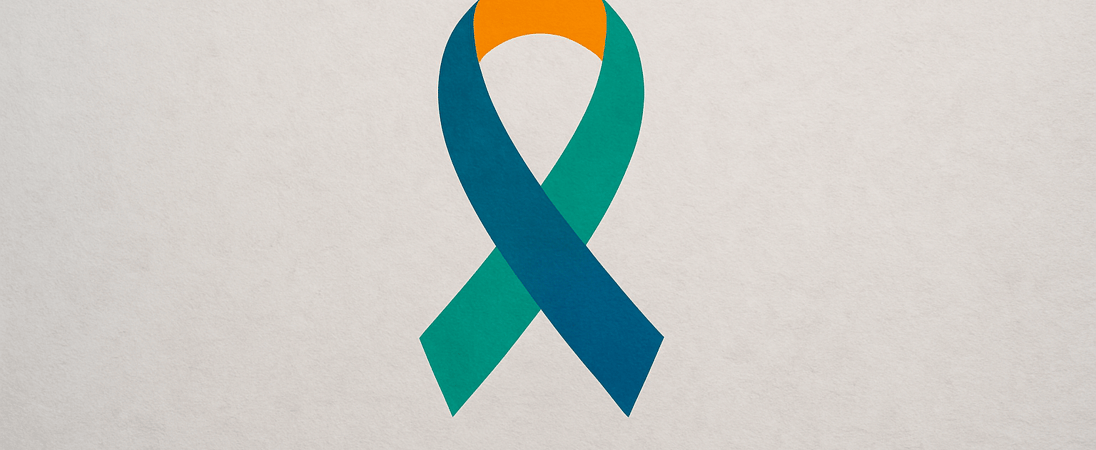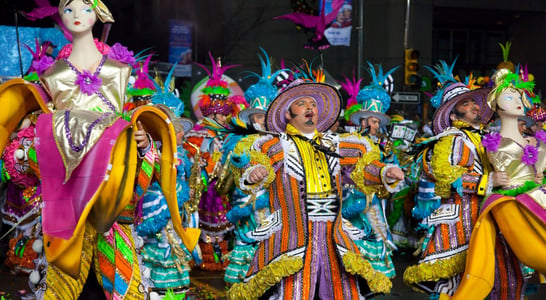
Codependency Awareness Month
Some people pour themselves into others until there’s nothing left for them. That isn’t kindness. It’s a warning sign.
Codependency means ignoring your own limits to keep others happy. It hides behind helping, but the cost is high. Energy drains. Boundaries disappear. Guilt takes over.
This month points out what often gets missed. It brings quiet behaviors into focus. People start to notice patterns that don’t feel healthy anymore. Small changes begin there. Understanding grows from attention, not blame.
Balance matters in any relationship. One person shouldn’t carry the whole weight. Constant fixing leads to frustration.
Fear replaces trust. Connection fades. Codependency Awareness Month invites people to notice those shifts.
It offers clear words for blurry feelings. Those stuck in one‑sided roles often feel unseen. They give too much, ask for little, and call it love.
This isn’t about fault—it’s about choice. Real support lifts everyone. This month makes that visible.
How to Celebrate Codependency Awareness Month
Codependency Awareness Month invites people to explore healthier ways of relating, without losing themselves in the process.
Learn Through Listening
Choose one podcast that explores emotional independence. Listen without multitasking. Let the ideas settle before reacting or sharing.
Pause when something feels familiar. You don’t need to agree with everything to learn something new. Keep a note of what stands out.
Try a Boundary Challenge
Practice saying “no” once a day without explaining. Notice what feelings come up. Write them down without judgment or editing.
Resist the urge to apologize. Boundaries aren’t confining—they’re necessary. Small steps build confidence over time.
Talk With Someone You Trust
Pick one person who respects your space. Ask how they handle people-pleasing. Stay open without comparing your experiences.
Let the conversation stay honest, even if it’s uncomfortable. You’re not looking for fixes, just connection. Listening matters more than advice.
Read a Personal Story
Find a first-person account of leaving a codependent pattern. Focus on the turning point. Don’t rush through it.
Let the story speak for itself. Notice what parts feel close to your own life. Reflection grows when you don’t force it.
Support Quietly
Buy a book for someone curious about codependency. Leave it with a note. No pressure, no discussion, just care.
Some people learn best in private. Offering a resource says “I see you” without expecting anything back. That kind of support lasts.
Reflect With Writing
Write one letter to yourself from five years ago. Focus on what you thought love meant back then. Don’t send it. Be honest, not harsh.
Let the letter show what you’ve learned and what you no longer believe. You might notice how far you’ve come.
History of Codependency Awareness Month
Lois Wilson helped start what became the codependency idea. She co‑founded Al‑Anon in 1952 to support spouses of people with alcohol problems.
That group gave space for family members to speak and heal together.
Over time, helpers noticed the emotional patterns shared by many people. These shared experiences led to naming the pattern “codependency.”
The word “codependency” gained traction in the early 1980s. Treatment groups used terms like “co‑alcoholic” and “co‑chemically dependent.” That label became shorter and broader. It described unbalanced caring in many relationships.
In 1986, Co‑Dependents Anonymous (CoDA) was formed in Arizona. Ken and Mary Richardson led the first meeting with thirty attendees.
Group numbers rose fast, and therapy circles grew widely. CoDA expanded to dozens of countries.
Author Melody Beattie published Codependent No More in 1986. Her book made the idea popular in self‑help culture. Thousands found clarity in her personal insight. That helped many people speak openly about codependency.
National Codependency Awareness Month began in the late 1980s. The National Association for Children of Alcoholics (NACoA) formally launched the awareness campaign in 1989.
That effort spread through mental health networks and support groups. People gained tools to spot and address unbalanced patterns in relationships.
Also in ...
View all holidaysPolar Bear Plunge Day
Taking a chilly plunge, all for a noble cause — uniting people in a frozen adventure to support those in need.
National Bloody Mary Day
Start your morning with a refreshing tomato juice and vodka cocktail, swap in different spirits or pair with crackers, olives and cheese.
Global Family Day
Each year, Global Family Day comes with opportunities to celebrate the importance of the family unit as a building block for a better tomorrow.
We think you may also like...
Valentine’s Day
A day filled with love, romance and sweet gestures — the perfect opportunity to show affection towards those special people in your life.







